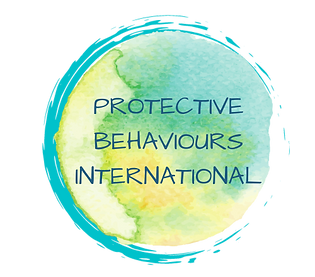We All Have the Right to Feel Safe, or do we?
- Bronwyn Clee
- Aug 21
- 2 min read
While not everyone will agree with this, we firmly believe feeling safe isn’t a luxury; it’s a fundamental right that every person deserves to experience.
Whether we’re at work, at home or out in the community, a sense of safety allows us to connect, grow and thrive. That’s the heart of Universal Protective Behaviours (UPB), a framework that empowers people to recognise, communicate and protect this right. And to also respect others' rights to feel safe.

At Protective Behaviours International (PBI), we use this central theme, alongside a psychosocial framework built on three core concepts:
Language of Safety, Unwritten Rules and Feelings, Thoughts & Behaviours.
These concepts help us understand what safety looks like in practice and provide practical tools for creating supportive environments. In this short series of blogs, we’ll break down each of these concepts. We’ll explore how the Language of Safety gives people a shared vocabulary for discussing safety and boundaries, how recognising Unwritten Rules can reveal hidden social expectations, and how understanding the connection between feelings, thoughts, and behaviours helps us respond proactively when we don't feel safe.
We hope, that by the end of this short series, you’ll have a better understanding of how Universal Protective Behaviours can help you create safer, more inclusive spaces in every area of your life.
Let's take a Pause for Reflection
Can you give yourself permission to take a moment or two to consider your own environment at work, at home or in your community? If you can, you might like to ask yourself:
When do I feel most safe and supported? What factors contribute to that feeling?
Is there a time recently when I felt unsure or uneasy? What thoughts or assumptions came up?
What else could I do when I need to set a boundary or express a concern?
Now think of one “micro move” you could try this week to enhance your sense of safety. It might be as simple as checking in with yourself at the end of each day, and maybe jot down one feeling you experienced, the thought that accompanied it and how you chose to act. Notice any patterns.
By making small, intentional choices, we gradually build confidence and create more spaces where we and those around us feel safe.
Want to dive deeper? Explore our training programs or contact us to find out how Universal Protective Behaviours can benefit you and your organisation.




Comments